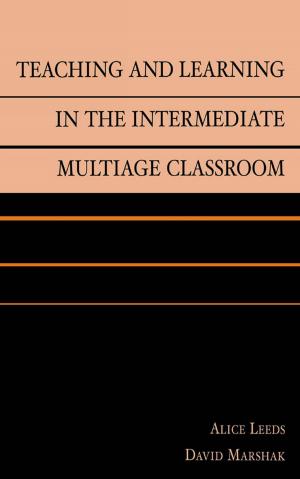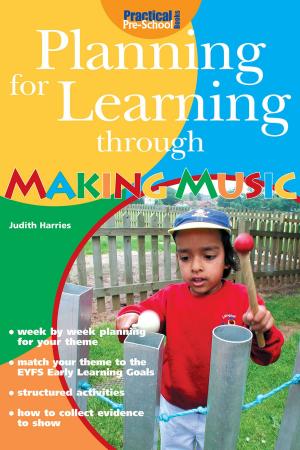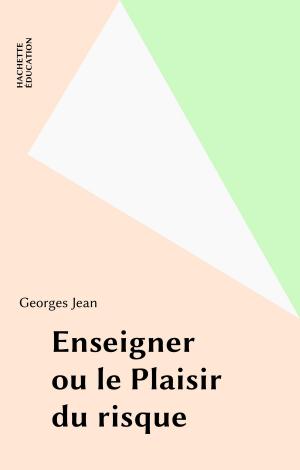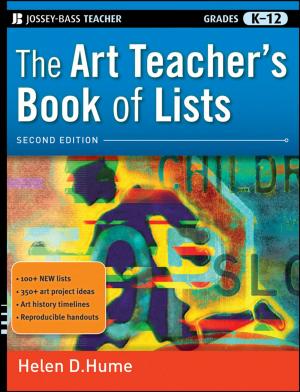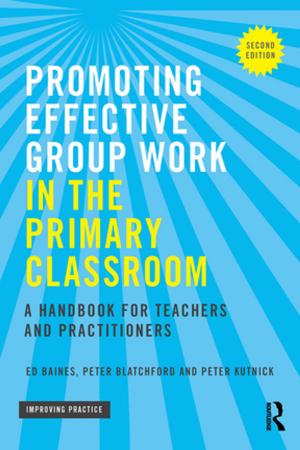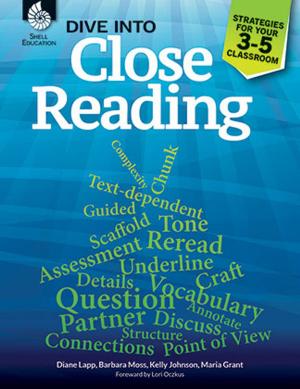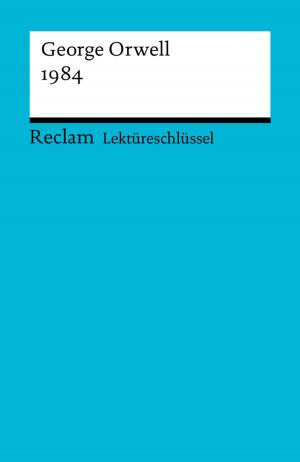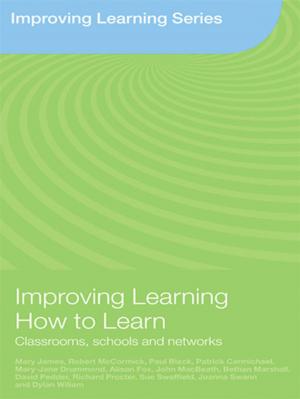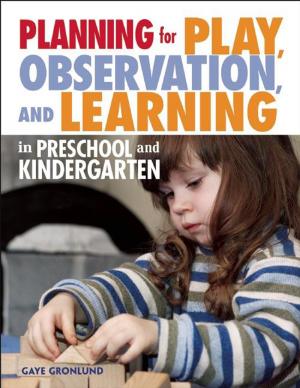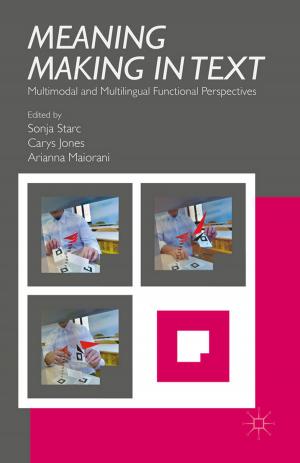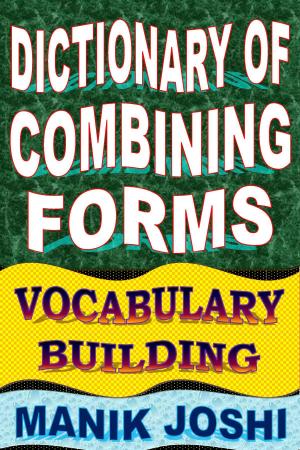How To Get Your Kid To Like Math
Nonfiction, Reference & Language, Education & Teaching, Elementary, Teaching, Teaching Methods| Author: | Ken Ring | ISBN: | 9781502294692 |
| Publisher: | Ken Ring | Publication: | September 23, 2014 |
| Imprint: | Language: | English |
| Author: | Ken Ring |
| ISBN: | 9781502294692 |
| Publisher: | Ken Ring |
| Publication: | September 23, 2014 |
| Imprint: | |
| Language: | English |
You can't get your child to like math. I don't really know if we have a right to get them to like anything. There is only one reasonably sure way they may become interested in this subject - and that is if you are interested in it.
There are, to the disgust of the rest, some parents and kids who already love math. It is a fact of life though, that people of all ages and in great numbers hate the very thought of it, think there's something crook about it, lie awake at night and sweat over it, and can't understand how some get it and others don't. Perhaps you were one of those kids.
If they were to really look at the origin of the word 'mathematics', they would find it is connected to 'manthanein' which is Greek for 'learning', and 'madras' which meant 'master' and also is the root for the word 'mad'. So does math come from a mad master?
Because no-one knows what it is, they set themselves little tests; basic facts, mental arithmetic, exams, mathex competitions, all to try to find out who the top dogs are. But competition does not create quality, it creates winners and losers. The losers, and there are heaps more of them, are called failures, even though they like numbers outside of school, measure like crazy when they build hot-rods and things, design shapes in clothes and houses and navigate 100% successfully everywhere they go (or they wouldn't get there) and they even get there on time! But they still think and are told they are no good at math.
In my MATHMAN mathemagic shows I am forever getting kids up out of the audience to act as assistants. I do not know these kids, I have never seen them before. Consequently I don't know the ability or intelligence of the child getting up to help. I just pick them out of a sea of eager faces. Yet I have never yet struck a kid who is not bright! This is incredible to me - every kid I ask up is switched on and up with the play, ready to catch me out should I make a deliberate-on-purpose mistake. Doesn't this say something about how we artificially categorize each other? It can't be coincidence that I always strike the bright ones.
I think we need to stop beating kids over the head with things we adults think is going to be good for them, when we adults very often hate the sight of it ourselves. Philosophers have been saying for centuries that math is about life itself, which has to be so much more than boring arithmetic. Math is about our mind, our loves, and the way we think and work. Math has been described as the wonder of beauty and the beauty of wonder.
In these pages there's not much arithmetic, or quick calculating methods, or base changes. I'll save that for a later volume. This book is for those who at the moment have been temporarily turned off to all that and are crying out for a change in perspective.
***
Ken Ring grew up in Auckland, New Zealand, majoring in psychology at University of Auckland. He has since been a teacher, parent, lecturer, speech therapist, special needs tutor, author, actor, clown, and magician. He taught for 20 years, and in 1989 realised the power of magic as a teaching tool, so took a gamble, left teaching, and took his Mathman act on the road. His message that maths can be entertaining is now well-known in over 500 New Zealand schools and the presentation has the blessing of the Maths Education Advisory service, who often assist in setting up itineraries.
In 1992 he received a QEII award for performing arts and between 1993-6 served three elected terms as president of the NZ Society of Magicians. Ken has also won awards within the international magic fraternity and is well known overseas as a prolific inventor of math-based tricks used by magicians.
Ken continues to make Auckland his base.
You can't get your child to like math. I don't really know if we have a right to get them to like anything. There is only one reasonably sure way they may become interested in this subject - and that is if you are interested in it.
There are, to the disgust of the rest, some parents and kids who already love math. It is a fact of life though, that people of all ages and in great numbers hate the very thought of it, think there's something crook about it, lie awake at night and sweat over it, and can't understand how some get it and others don't. Perhaps you were one of those kids.
If they were to really look at the origin of the word 'mathematics', they would find it is connected to 'manthanein' which is Greek for 'learning', and 'madras' which meant 'master' and also is the root for the word 'mad'. So does math come from a mad master?
Because no-one knows what it is, they set themselves little tests; basic facts, mental arithmetic, exams, mathex competitions, all to try to find out who the top dogs are. But competition does not create quality, it creates winners and losers. The losers, and there are heaps more of them, are called failures, even though they like numbers outside of school, measure like crazy when they build hot-rods and things, design shapes in clothes and houses and navigate 100% successfully everywhere they go (or they wouldn't get there) and they even get there on time! But they still think and are told they are no good at math.
In my MATHMAN mathemagic shows I am forever getting kids up out of the audience to act as assistants. I do not know these kids, I have never seen them before. Consequently I don't know the ability or intelligence of the child getting up to help. I just pick them out of a sea of eager faces. Yet I have never yet struck a kid who is not bright! This is incredible to me - every kid I ask up is switched on and up with the play, ready to catch me out should I make a deliberate-on-purpose mistake. Doesn't this say something about how we artificially categorize each other? It can't be coincidence that I always strike the bright ones.
I think we need to stop beating kids over the head with things we adults think is going to be good for them, when we adults very often hate the sight of it ourselves. Philosophers have been saying for centuries that math is about life itself, which has to be so much more than boring arithmetic. Math is about our mind, our loves, and the way we think and work. Math has been described as the wonder of beauty and the beauty of wonder.
In these pages there's not much arithmetic, or quick calculating methods, or base changes. I'll save that for a later volume. This book is for those who at the moment have been temporarily turned off to all that and are crying out for a change in perspective.
***
Ken Ring grew up in Auckland, New Zealand, majoring in psychology at University of Auckland. He has since been a teacher, parent, lecturer, speech therapist, special needs tutor, author, actor, clown, and magician. He taught for 20 years, and in 1989 realised the power of magic as a teaching tool, so took a gamble, left teaching, and took his Mathman act on the road. His message that maths can be entertaining is now well-known in over 500 New Zealand schools and the presentation has the blessing of the Maths Education Advisory service, who often assist in setting up itineraries.
In 1992 he received a QEII award for performing arts and between 1993-6 served three elected terms as president of the NZ Society of Magicians. Ken has also won awards within the international magic fraternity and is well known overseas as a prolific inventor of math-based tricks used by magicians.
Ken continues to make Auckland his base.

